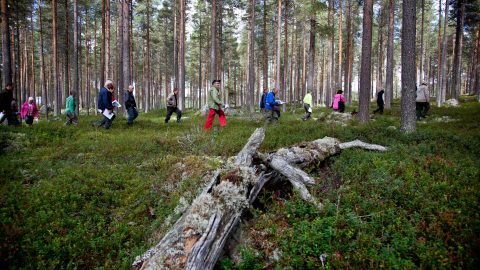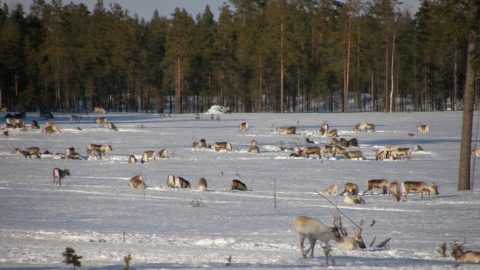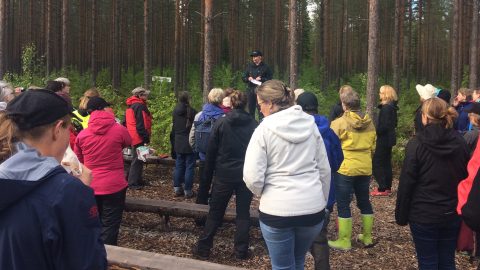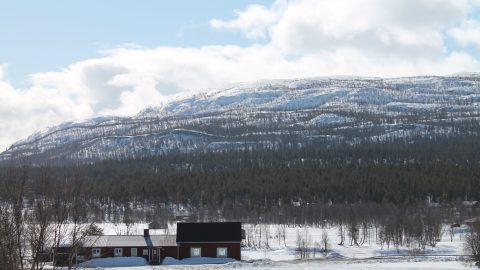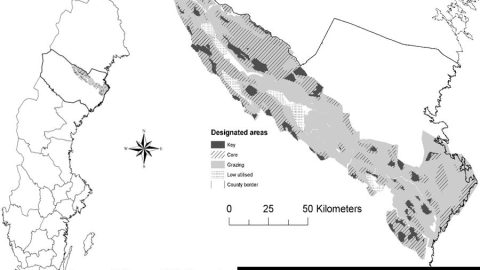The results from a study of four dissimilar European forest commons with varying histories show a similar ability to adapt to surrounding changes and still maintain a local rootedness and influence. The North West Mull Community Woodland Company in Scotland…

Year: 2017
The choice of forest management strategy has consequences, but how should different interests be considered and prioritized?
The way a forest is managed is an active choice. Researchers have shown, based on “real-world” data combined with the use of an advanced forest decision support system, that forestry that follows the recommendations of the Swedish Forestry Act yields…
Traditions challenge gender-equality work in Swedish forestry
In a traditionally men-dominated industry like forestry, work for gender equality can be a great challenge. Traditions and norms constitute challenges as they generates different forms of resistance. However, as a new research article shows, this resistance may also present…
Women’s networks within forestry create room for change
The Swedish forestry industry depends heavily on private forest owners and their resources. Within a historical perspective men performed the heavy manual labor of logging, and remained in charge of the operations when the industry later became more industrialized and…
Participation in decision-making is a complex issue
The post-war era has brought with it many social changes in the Western world, not least in regard to democracy. The major trend is increased democratization and greater transparency in central societal processes such as planning and decision-making, for example…
Mistra Arctic
Today there is an unprecedented global as well as local interest in the Arctic. Climate change, rising political activity among Arctic residents including native groups, new prospecting and exploitation technologies and projects, and linked global policy processes are some of…
Complementary manpower most important for rural areas
Focus political labor-market measures on the availability of complementary manpower in rural areas to give fast-growing companies better chances of survival. Fast-growing companies are an important resource for creating job opportunities in rural regions. They can be found in all…
Ecological values increasingly important, but production prevails
Between 1990 and 2010 the group of forest owners changed in many ways, increasingly coming to resemble the general population. However, this change is not noticeable in how forests are managed. The period between 1990 and 2010 saw an increase…
Forestry adapted to reindeer husbandry good for carbon sequestration
Forest management that is adapted to the reindeer husbandry leads to an increased standing volume and larger carbon sequestration in the forest as well as improved conditions for reindeer grazing, but also to a reduced potential for felling, employment, and revenue…
How forest is managed cannot be thrown into one big pot
Taking into consideration how forest owners actually intend to manage their forests, felling volumes will be 14% lower in the future while ecological values will benefit. Forest owners manage their forests in different ways. Management strategies can vary from nature…

